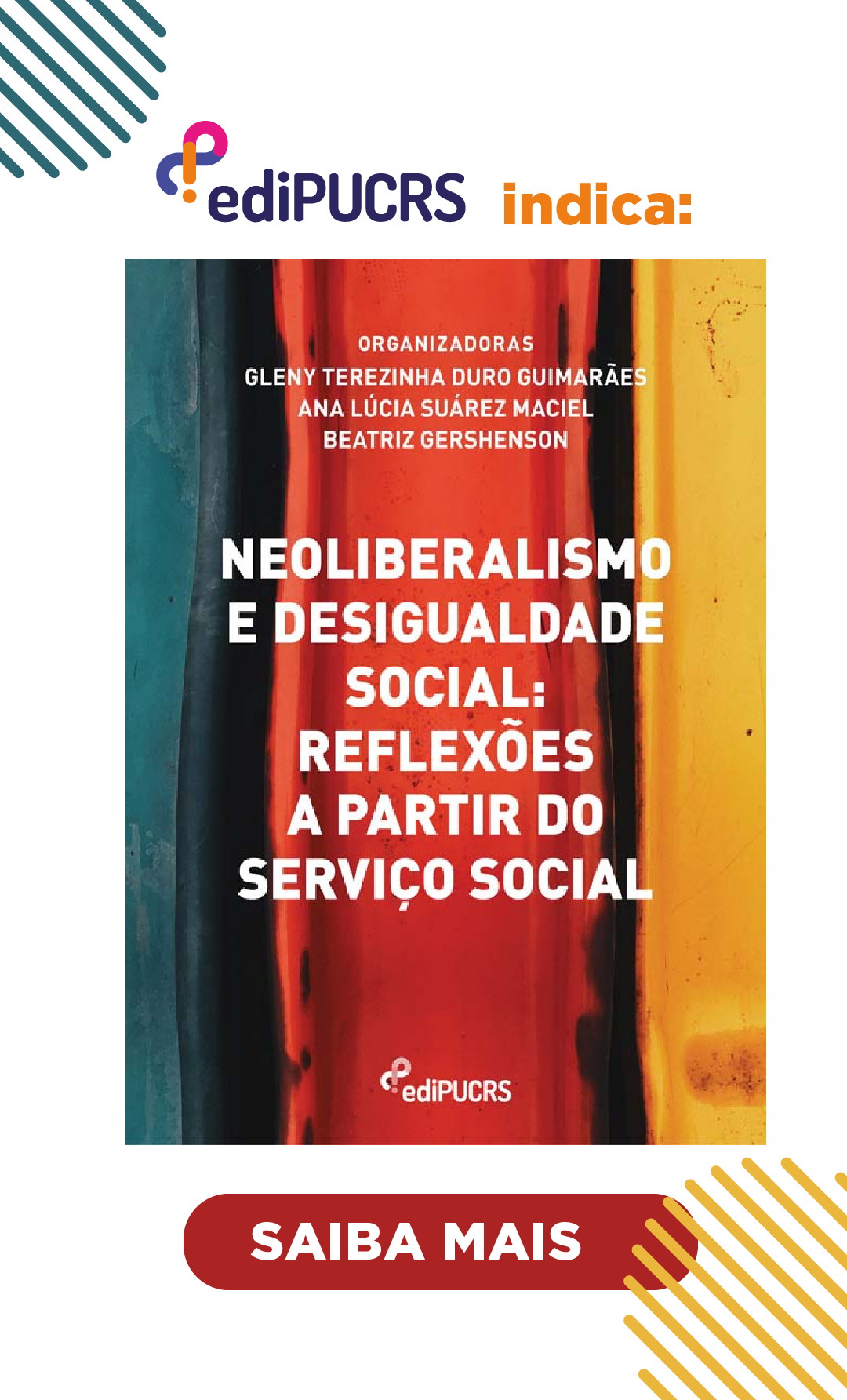When the street belongs to the elderly: informal work, health and life conditions
Abstract
This article attempts to show the dimensions of social exclusion and its relationship with informal work and health, based on an ethnographic study developted in downtown São Paulo city with the “Plaque-Man” and “Sandwich-Man”. These men are very poor old workers who belong to the “low informality” which groups all kinds of little qualified job of the informal economy. Inside this context, the work market’s transformations ocurred during the past decates, showed up by a hard employment crisis, will produce dramatic impacts on people’s life quality and sociability. In this sense, the relationship between work and health suffers a distortion and the major problem is that once in the informal universe all worker’s labour rights and guarantees will be removed. Among the “Plaque-Man” and “Sandwich-Man”, in addition to poor life conditions, the kind of work performed on the streets will interfere in the way they care about their health leading them to refuse their own suffering and postpone the search for health assistence, ignoring the fact that the illness is able to stop their work and this is a risk that could make the worker pass to a wretched condition.Key words – Informal work. Health. Life conditions.
Downloads
Downloads
Published
How to Cite
Issue
Section
License
Copyright
The submission of originals to Textos & Contextos (Porto Alegre) implies the transfer by the authors of the right for publication. Authors retain copyright and grant the journal right of first publication. If the authors wish to include the same data into another publication, they must cite Textos & Contextos (Porto Alegre) as the site of original publication.
Creative Commons License
Except where otherwise specified, material published in this journal is licensed under a Creative Commons Attribution 4.0 International license, which allows unrestricted use, distribution and reproduction in any medium, provided the original publication is correctly cited.





